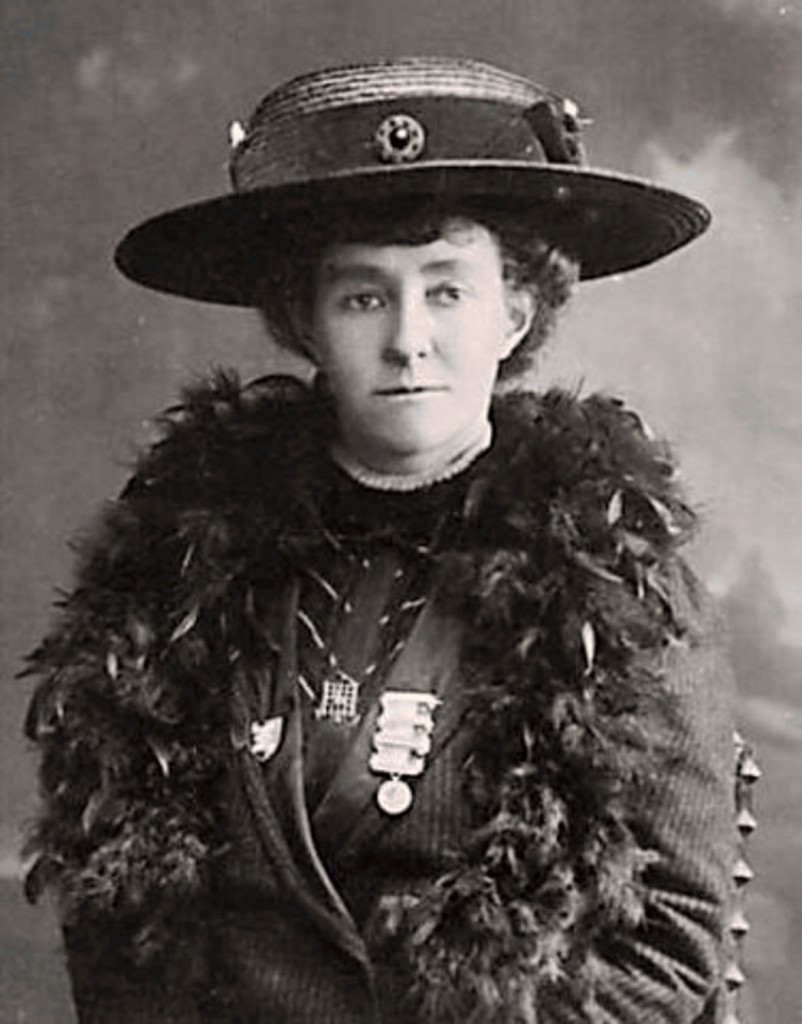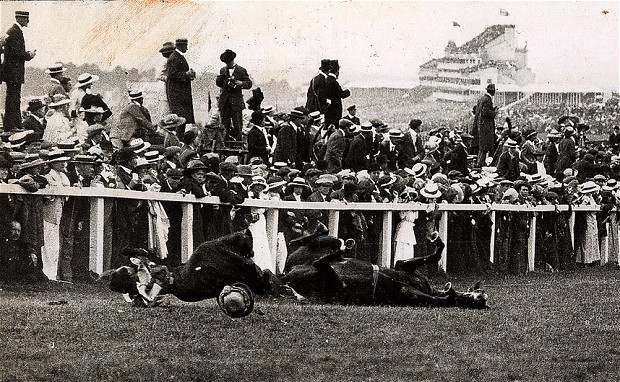“Ah, love, let us be true
To one another! for the world, which seems
To lie before us like a land of dreams,
So various, so beautiful, so new,
Hath really neither joy, nor love, nor light,
Nor certitude, nor peace, nor help for pain;
And we are here as on a darkling plain
Swept with confused alarms of struggle and flight,
Where ignorant armies clash by night.”
From : Dover Beach. Matthew Arnold
.
I seem to have come to a point where I cannot watch any television news programmes, I switch off most radio news programmes, and fear for my spiritual well-being every time I visit Facebook. I am angry to the point when I am lashing out at friends who I cannot see or meet. As a ‘shielded’ person during the English catastrophe of a ‘lockdown’, I have only left our house twice in just short of three months. There is no action I can take against the people responsible, or to help those who they harm. Rage against the machine.
More reason, then, to remember as I try to do every year, one of those who would not be content with shouting into the void.

When people murmur in a mildly moralising way about peaceful protest, maybe they should stop and think about Emily Wilding Davison.
A militant suffragette, she was repeatedly arrested and imprisoned for breaking windows, setting fire to mail boxes, and on one occasion for attempting to horsewhip a clergyman who she mistook for Lloyd George.
She undertook repeated hunger strikes in prison, was forcibly fed 49 times, and attempted to kill herself in Holloway by leaping off a landing. She said after that she thought that her death might cause people to pay attention to the cause of women’s suffrage. On June 4 2013, Emily Wilding Davison travelled to Epsom, went to the racecourse on Derby Day, waited behind the railings at the bend to the final straight, and as the horses came round the bend, ducked under the rail, and walked in front of the king’s horse. On and off for 30 years I tried to find a way to write about it.
I think about images that have, one way or another, changed how we see the world, and maybe changed the world itself. The terrified villagers of My Lai in Vietnam, and the small girl stripped naked by napalm, her mouth a silent scream; a Buddhist monk in flames; a student holding up his arm against a tank. A white policeman kneeling on the neck of a black man until he dies.
I was staggered when I learned that the death of Emily Davison was filmed live by a Pathe news camera, and duly appeared in British cinemas. I had thought the stills I had seen were remarkably in-focus single camera shots. I could not understand their clarity. How could you do that with a plate camera? I wondered.

Camera obscura
(Emily Wilding Davison. June 1913)
The reason for your being here
is out of sight. They can’t be seen –
your Cause’s colours sewn inside
your decent coat: white, violet, green.
.
The cameras sees the moment
you began to die:
the jockey, trim in silks, is doll-like
on the grass and seems asleep;
his mount is spraddled on its back;
its useless hooves flail at the sky.
.
Your spinning, flower-trimmed hat
is stopped, distinct, mid-flight;
your hair’s still not come down;
you’re frozen, inches from the ground;
your boots are neatly buttoned,
take small steps on the arrested air.
.
You’re stopped in time. No sound,
no texture, no sour odour
of bruised grass and earth. Just
silence and the alchemy of light.
.
How did you comprehend
the shock of heat, huge muscle, hair,
in that white moment
when the dark came down?
.
The camera cannot tell;.
it’s business neither truth nor lies.
It shows a fallen horse. A woman falling. A crowd
in hats and blazers staring down a long perspective;
the field intent upon the distant fairy icing
grandstand. The waving flags. The finish line.
.
Until the image blurs, dissolves in silver flowers,
it’s there on celluloid in shades of grey;
the camera only says that in that instant
you are dying, and everyone has looked away.
.
[Camera Obscura. first publ. in Larach . WardWoodPublishing 2014, and subsequently in The Forward Book of Poetry 2015]
.
Day after day we are bombarded by images that tell us about the ugliness that the world is capable of, and the arrogant ignorance of those who perpetrate it. We are all getting too good at looking away.
Worth watching the You clips of the event – The crowd quickly responded by running on to the course presumably to assist – the photograph suggests the act was unnoticed. She had a return ticket in her pocket, and the scarf she was carrying she intented to fix to the King’s horse – it bore the legend ‘Votes for Women’. It wasn’t ostensibly a suicide mission. In a research programme on You tube . the suffragettes referred to as a terrorist organisation,- not I think as a criticism. A great poem John.
LikeLiked by 1 person
Originally thinking this was a single image, and not understanding its fortuitousness…..that shapes the poem and what it means. The historical narrative I knew primarily from the brilliant “Shoulder to shoulder”…the book that accompanies the BBC drama serial about the Pankhursts. A lot of reading suggests she had become indifferent to her own life, as though she knew no other way to go. Traumatised by prison, physically weak and damaged. It breaks my heart.
LikeLiked by 1 person
Yes, there is a point where someone can’t take the struggle and the weight of injustice any more. Poor Emily. I only found out recently about that return ticket, too, and wish I’d known earlier. When we were schoolgirls hearing about this, the implication of suicide seemed to make it the act of a person who had lost her reason, so that it had no real bearing on the issue for which she had campaigned. A few times lately I’ve been glad I’m not armed. The news is so appalling and painful. Being confined has done nothing for most people’s temper and sense of desperation. May we be happy, may we be well, especially you. John.
LikeLiked by 1 person
It’s odd, isn’t it how we expect people to be explicable and coherent, the way we want other people’s lives to follow narrative rules. Who knows what she thought. We do know she tried to kill herself in prison, by throwing herself off a landing. She knew that the wells had been netted. What was she thinking? Why a return ticket? Maybe she was used to deflecting suspicion. Maybe it looked more ‘normal’ than buying a single. Like you, I’m grateful not to have access to weapons. Lord knows what I think I’d do with them. So I isolate myself because I can’t see an alternative. I create a routine that keeps me grounded. It’s got to the point where I don’t want to mix with people I don’t know. It started with Brexit and it just gets worse. I would go down to the supermarket, and look at people, and think ‘are you one of them?’ Poor Emily. She isolated herself, emotionally, I think. Lived inside herself because the world was too much. I’m so grateful for your messages. You reconnect me to the world as I know it can be. Much love xxx
LikeLiked by 1 person
Thank you for sharing this post, John. You are helping people to stay sane and engaged (me, for example!). It’s hard in these times to not be divided against oneself. Stay well!
Regina x
LikeLiked by 1 person
Thank you Regina. And thank you for the regular healthy dose of your precise and layered poems x
LikeLiked by 1 person
I’d echo Regina’s comments. Stay well, John.
LikeLike
The trouble is – the camera so often lies. I feel inadequate and unworthy when I hear of people who have fought for things I enjoy gratis, when I don’t want to hear about all the things which need fighting for now. A poem such as yours helps to expiate that failing just a little. Thank you John. xx
LikeLike